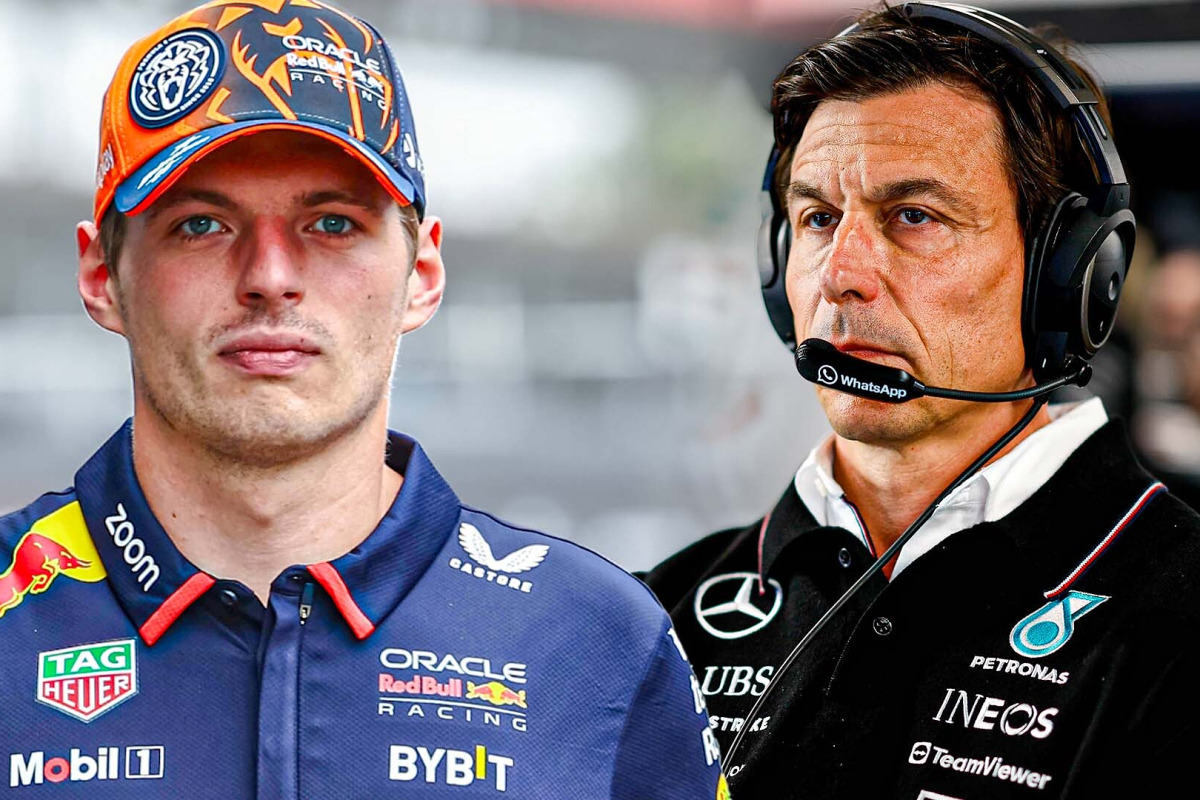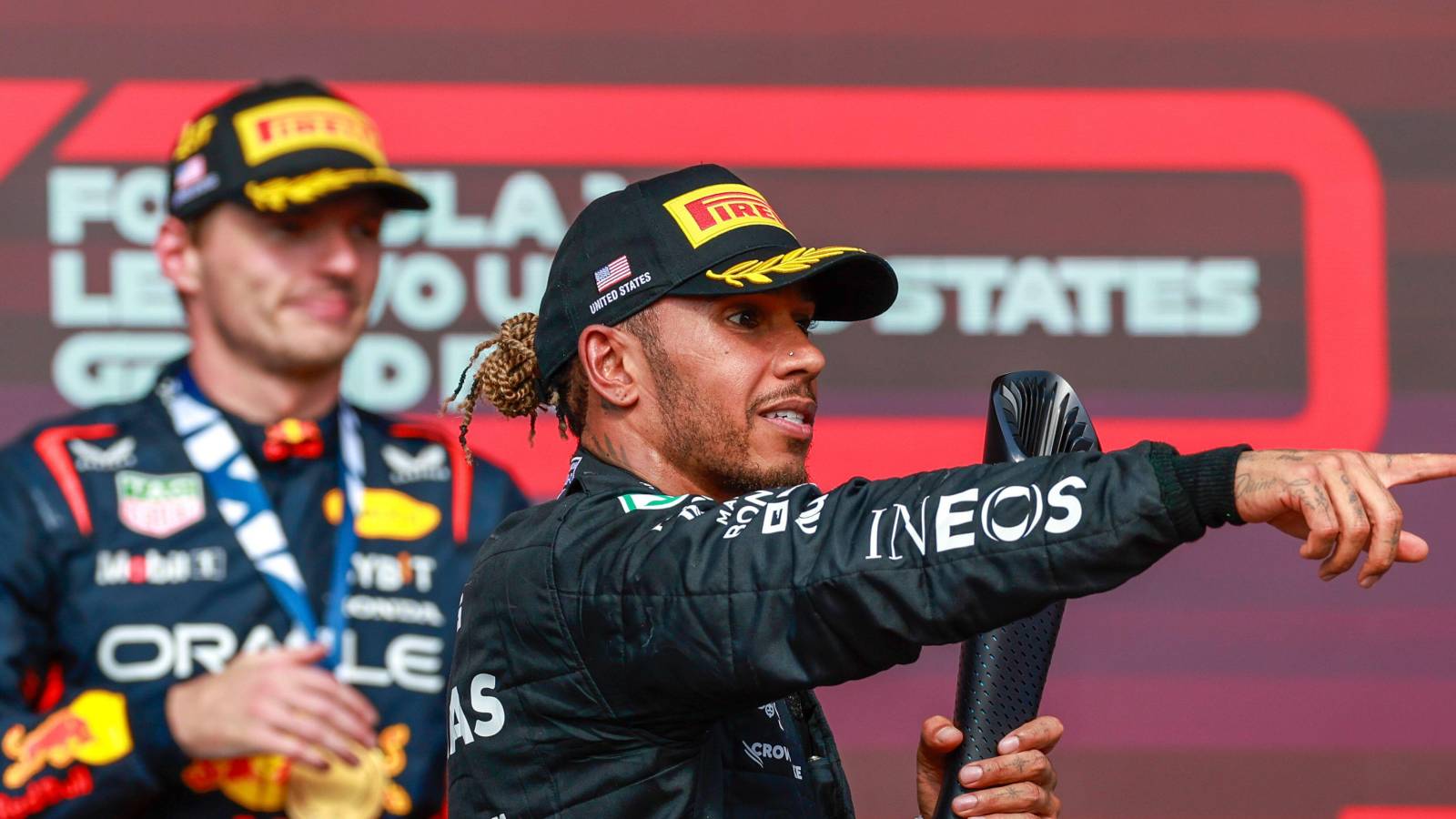
Formula 1 champions Max Verstappen and Lewis Hamilton have both spoken out about the power and responsibility that come with their platform. Despite their fierce rivalry on the track, the two drivers share a common belief in using their influence to drive positive change.
A Shared Vision for Positive Impact
Max Verstappen, the Dutch prodigy and current leader in the championship standings, has often been seen as a more reserved figure compared to the outspoken Lewis Hamilton. However, in a recent interview, Verstappen echoed Hamilton’s sentiments about the role of athletes in society. “We have our platform, and we should use it wisely,” Verstappen said. “It’s important to highlight issues that matter, both in and out of the sport.”
Hamilton, a seven-time World Champion, has long been a vocal advocate for diversity, equality, and environmental sustainability. His efforts to raise awareness about racial injustice and climate change have set a precedent in the sporting world. Hamilton’s activism has not only brought significant attention to these causes but also inspired many of his peers, including Verstappen.
Breaking the Silence on Key Issues
Verstappen’s agreement with Hamilton signals a shift in the traditionally apolitical world of Formula 1. Historically, the sport has focused primarily on the competition itself, often avoiding engagement with broader social issues. However, the growing influence of social media and the increasing visibility of athletes as role models have changed this dynamic.

“We have a unique opportunity,” Verstappen noted. “Fans look up to us, and our words and actions can have a significant impact. It’s not just about winning races; it’s about making a difference where we can.”
Hamilton, who has faced both praise and criticism for his outspoken nature, welcomed Verstappen’s support. “It’s great to see Max and other drivers recognizing the power of our platform. Together, we can push for real change,” Hamilton said.
Addressing Diversity and Inclusion
One of the critical areas both drivers are passionate about is increasing diversity within the sport. Formula 1 has traditionally been dominated by drivers and teams from specific regions and backgrounds. Hamilton, the first and only Black driver in F1 history, has been at the forefront of efforts to break down these barriers. He launched the Hamilton Commission in 2020 to research the lack of diversity in British motorsport and recommend actionable solutions.
Verstappen, too, has acknowledged the need for greater inclusivity. “We need to make the sport more accessible to everyone, regardless of their background,” he stated. “This means not only encouraging young talent from different regions but also addressing the systemic issues that prevent diversity.”
Environmental Concerns and Sustainability
Another significant issue both drivers are united on is environmental sustainability. Hamilton, who adopted a vegan lifestyle and sold his private jet to reduce his carbon footprint, has been urging the sport to take more significant steps towards sustainability. Formula 1 has committed to becoming carbon neutral by 2030, a goal that Hamilton supports wholeheartedly.
Verstappen, while perhaps less vocal on environmental issues, has also recognized the importance of sustainability. “The future of our planet is crucial,” he said. “As drivers, we travel a lot, and our sport has a considerable environmental impact. We need to be part of the solution, not the problem.”
Looking Ahead
The collaboration between Verstappen and Hamilton on these critical issues highlights the potential for athletes to transcend their roles as competitors and become influential advocates for change. Their unified stance serves as a powerful reminder that, despite their on-track rivalry, they share a common goal off the track: to use their platform to make a positive impact on the world.
As the Formula 1 season continues, fans can look forward to not only thrilling races but also meaningful contributions from their favorite drivers in addressing some of the most pressing issues of our time.
Leave a Reply